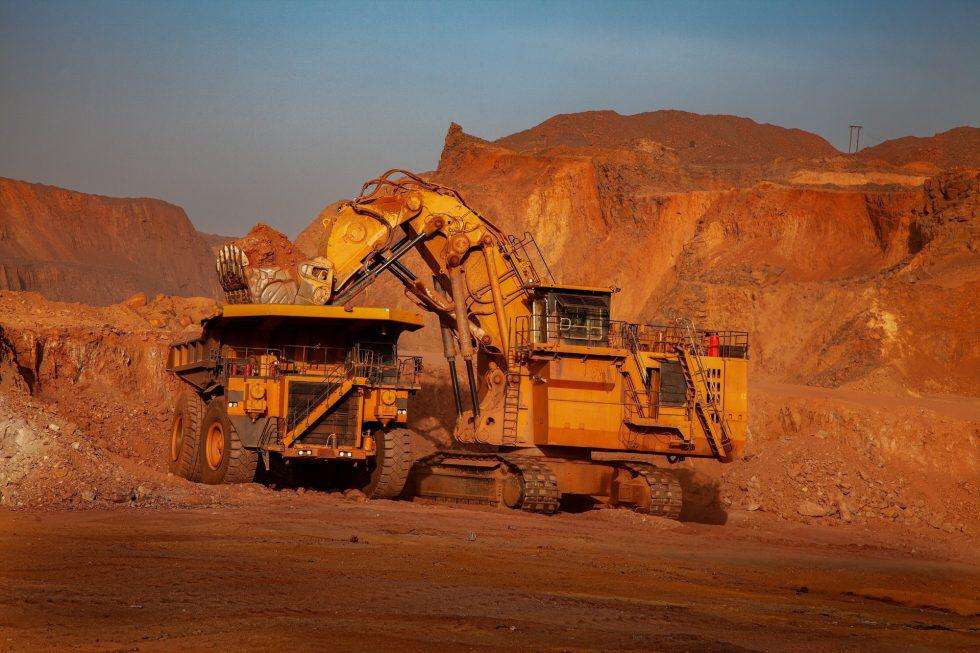Ing. Wisdom Edem Gomashie, renowned mining consultant has urged the government to strengthen and restructure District Mining Committees (DMCs) to improve the governance of Ghana’s artisanal and small-scale mining (ASM) sector.
Speaking on the future of ASM in Ghana, Gomashie made a compelling case that Ghana already possesses the legal framework necessary to manage small-scale mining effectively. However, weak implementation, under-resourced institutions, and poor stakeholder coordination continue to hamper progress in the sector.
At the heart of Gomashie’s argument is Section 92 of the Minerals and Mining Act, 2006 (Act 703), which establishes DMCs as the local bodies responsible for overseeing mining activities in Ghana’s districts.
These committees are legally composed of representatives from the Minerals Commission, Environmental Protection Agency (EPA), relevant local assemblies, and traditional authorities, with the District or Municipal Chief Executive serving as chairperson.
“These committees are already on our statute books. The challenge is that they’ve been inactive for far too long.
“They lack the budgetary support, human resources, and institutional guidance to function effectively.”
Ing. Wisdom Edem Gomashie, renowned mining consultant

According to him, many DMCs across the country exist only on paper, sidelined due to unclear mandates, logistical constraints, and a lack of political will. This has created a governance vacuum at the local level—one that leads to unregulated operations, weak environmental oversight, and minimal community involvement in the licensing process.
While acknowledging ongoing discussions about involving traditional leaders in mining governance, Gomashie pointed out that Act 703 already provides a legal avenue for their participation. However, he said, poor implementation practices have sidelined their role.
“The law permits their involvement, but often only after a license has been approved and gazetted in Accra.
“By that time, the community has had no meaningful input, and decisions are being made far removed from those directly affected.”
Ing. Wisdom Edem Gomashie, renowned mining consultant
He criticized the Minerals Commission’s assumption that the involvement of local offices in license applications automatically ensures traditional authorities are consulted.
“The fact that the process starts at the district office doesn’t mean traditional authorities are informed or engaged. That’s a flawed assumption.”
Ing. Wisdom Edem Gomashie, renowned mining consultant
Rebuilding Governance from the Ground Up

Rather than creating a new oversight institution—which some stakeholders have proposed—Gomashie argued for the revitalization and proper resourcing of DMCs. He suggested these bodies could be modeled on local government planning committees that vet building permits.
“District Mining Committees should meet regularly to assess and review mining license applications.
“Let’s integrate traditional authorities, civil society, and technical experts to create a robust local decision-making process.”
Ing. Wisdom Edem Gomashie, renowned mining consultant
Gomashie cautioned against creating parallel structures that might clash with the constitutional and regulatory mandate of the Minerals Commission. “We don’t need another institution to do the job that’s already assigned to DMCs,” he stressed. “What we need is a government-led effort to empower, fund, and coordinate these committees properly.”

In his view, the creation of new bodies may only lead to administrative overlap, confusion, and further inefficiencies. Instead, he called for the Ministry of Lands and Natural Resources to initiate a national review of DMCs—mapping their current status, challenges, and resource needs.
Gomashie’s proposals reflect a growing sentiment among experts that Ghana’s challenges in the small-scale mining sector are less about legal gaps and more about weak implementation.
With illegal mining “galamsey” still rampant, community tension over land use, and persistent environmental degradation, the call to strengthen DMCs is both timely and practical.
By investing in local institutions, Ghana can empower its communities, uphold environmental standards, and formalize artisanal mining in a way that benefits the country and its people. The government’s focus must now shift from grand policy announcements to grassroots governance reform—starting with the structures it already has in place.
If taken seriously, Gomashie’s insights could shape a new era of responsible, inclusive, and community-led mining governance in Ghana.
READ ALSO: Five-Nation Bloc Commits $16 Million to ADF Reform





















